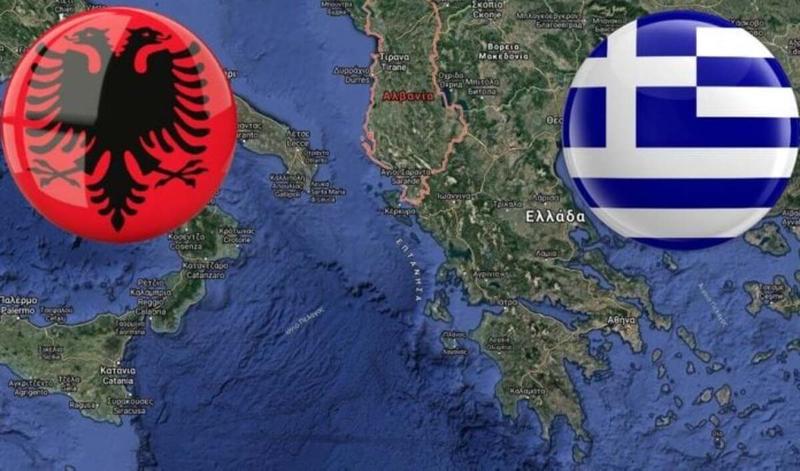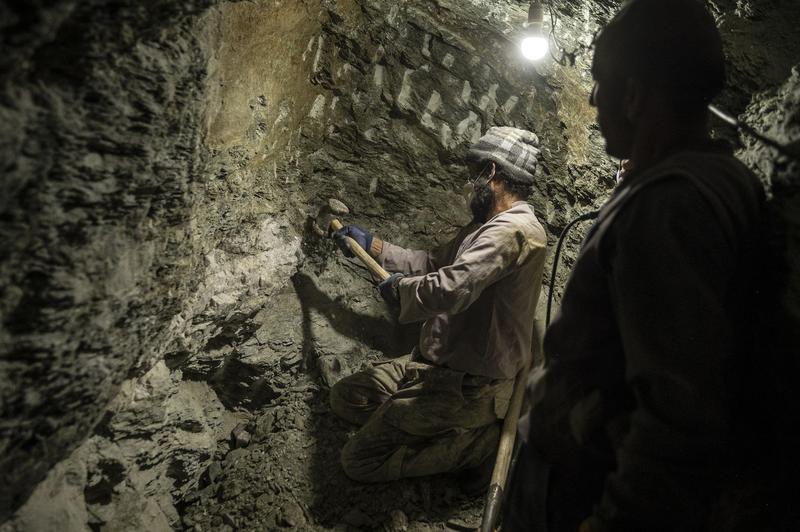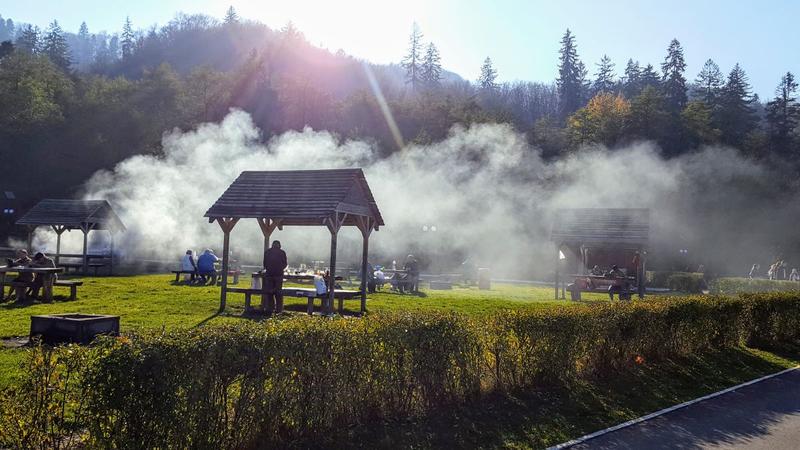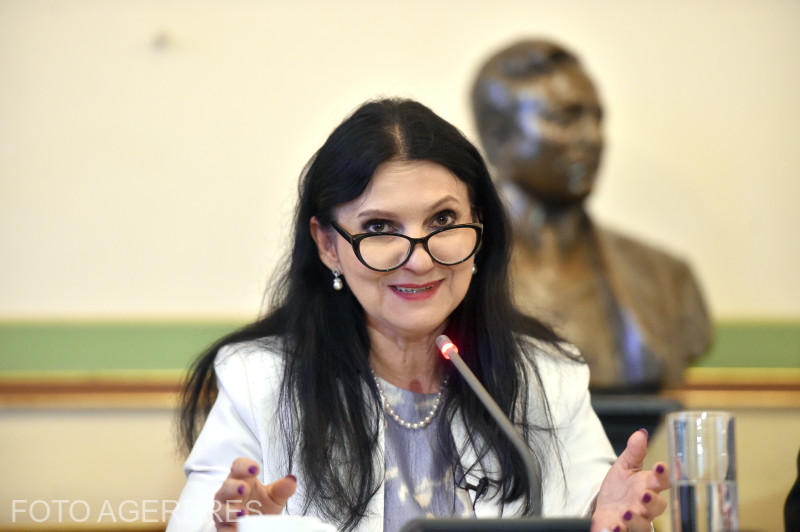Forecasting the presidential electoral campaign due to take place later this year, Social Democrats leader Mircea Geoana takes a public stand against President Basescu. Elsewhere in the news, one newspaper reveals how several Democrat Liberal politicians use their positions to increase their business profits. It seems that Social Democrats do not let their profits succumb to their positions, either.
Social Democrats leader Mircea Geoana attacks President Basescu, Gandul reads on Monday. Geoana talks in an interview for the newspaper about Basescu's hidden governance acts, before the President's speech in the Parliament today.
Geoana declared that the President should not interfere in the act of governance, referring to his scheduled speech in the Parliament. President Basescu will talk before the Parliament today about a possible foreign loan Romania should take.
Geoana's dissatisfaction comes after his governance coalition partner, PM Emil Boc allegedly lied about IMF negotiations. Geoana declared that both the Prime Minister and the President seem to have decided to take an IMF loan even if the government did not set up a real anti-crisis plan.
The government's main priority is to set up an anti-crisis plan before the IMF delegation arrives later this week, Geoana said. He underlined the inconsistency of the President, who a month ago declared that an IMF loan was out of the question.
Geoana confessed that he was seriously considering to run against Basescu in the upcoming presidential elections but a final decision has not been made. Nonetheless, it is a mistake to transform the upcoming elections in a talk about Basescu, Geoana said. He explained that whoever might defeat him, would have to take advantage of the people's dissatisfaction accumulated over the past five years.
Evenimentul Zilei reads that the private company of the National Environment Guard chief, Silvian Ionescu does exactly what the institution should verify at OMV Petrom. The paper reads that , together with former Environment minister Sulfina Barbu, Ionescu makes a fortune by using his political positions.
Last month, KVB Economic, a private company controlled by two Democrat Liberals set up a consultancy agreement on environment issues with OMV Petrom. In order to respect the European pollution cut calendar, Petrom will invest over 2 billion euro in environmental friendly technology. Part of the this money will go to KVB Economic as payment for consultancy services.
Thus, the paper reads, there is a clear conflict of interests: the private company of the National Environment Guard chief, subordinated to the Government, executes for Petrom what the institution should verify.
Ionescu confirmed the contract between the private company he controls and Petrom. He added that he was never part of the Administrative Council and that he was only a shareholder. KVB Economic general director Razvan Stan declared that his company set up a clear contract with Petrom for consultancy services.
Stan added that the value of the contract was confidential and that Petrom only could reveal such information but the latter refused to. The two Democrat Liberals own 69% of KVB Economic SA. The company was set up in October 2005 when Ionescu had the same position and Barbu was Environment minister.
Cotidianul reads that Constanta's PSD mayor Radu Mazare imposed a new local tax for county roads, that is higher than the national road tax across Romania. Constanta's local council started applying a new tax for county roads, fining those who failed to pay.
According to a local decision the tax is meant to complement the revenues of the county for local roads maintenance and needs to be paid by those who drive a van of at least 9 places and those vehicles carrying merchandise.
The tax could amount to 6,300 lei/year for a 20 tons car. Thus, the level of the tax is higher than the national road tax: the same car owner would pay 5,200 lei/year for a national road tax. The national local public finance law allows local administrations to introduce special taxes to finance local institutions but the law does not rule the maximum sum to be collected.


















